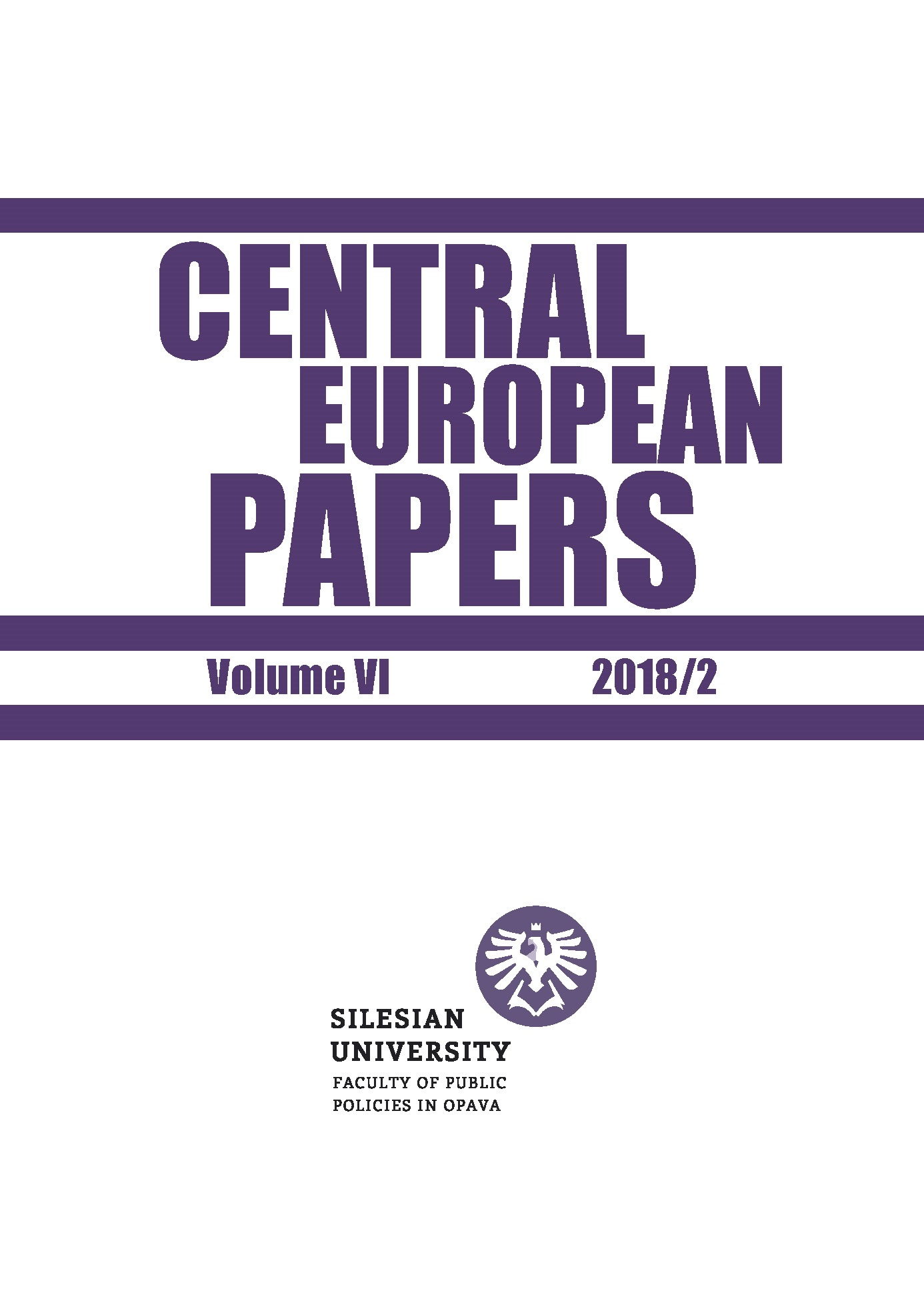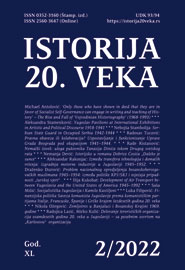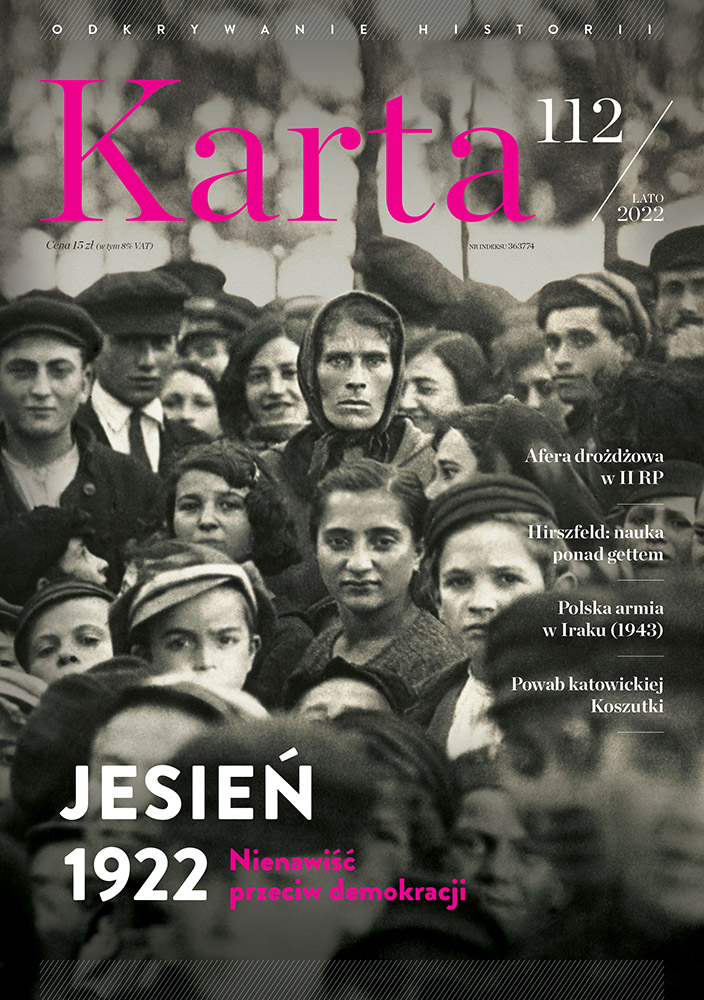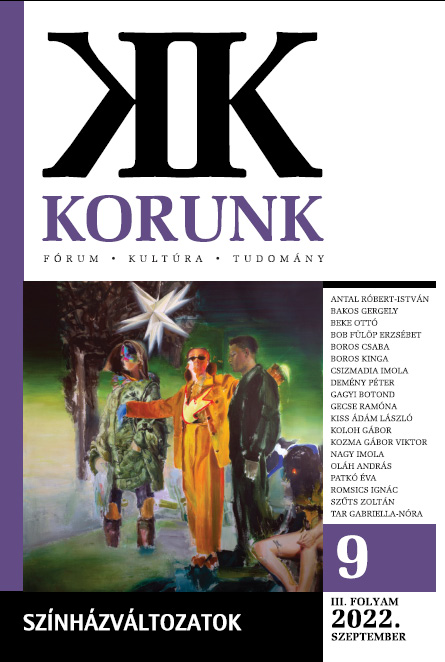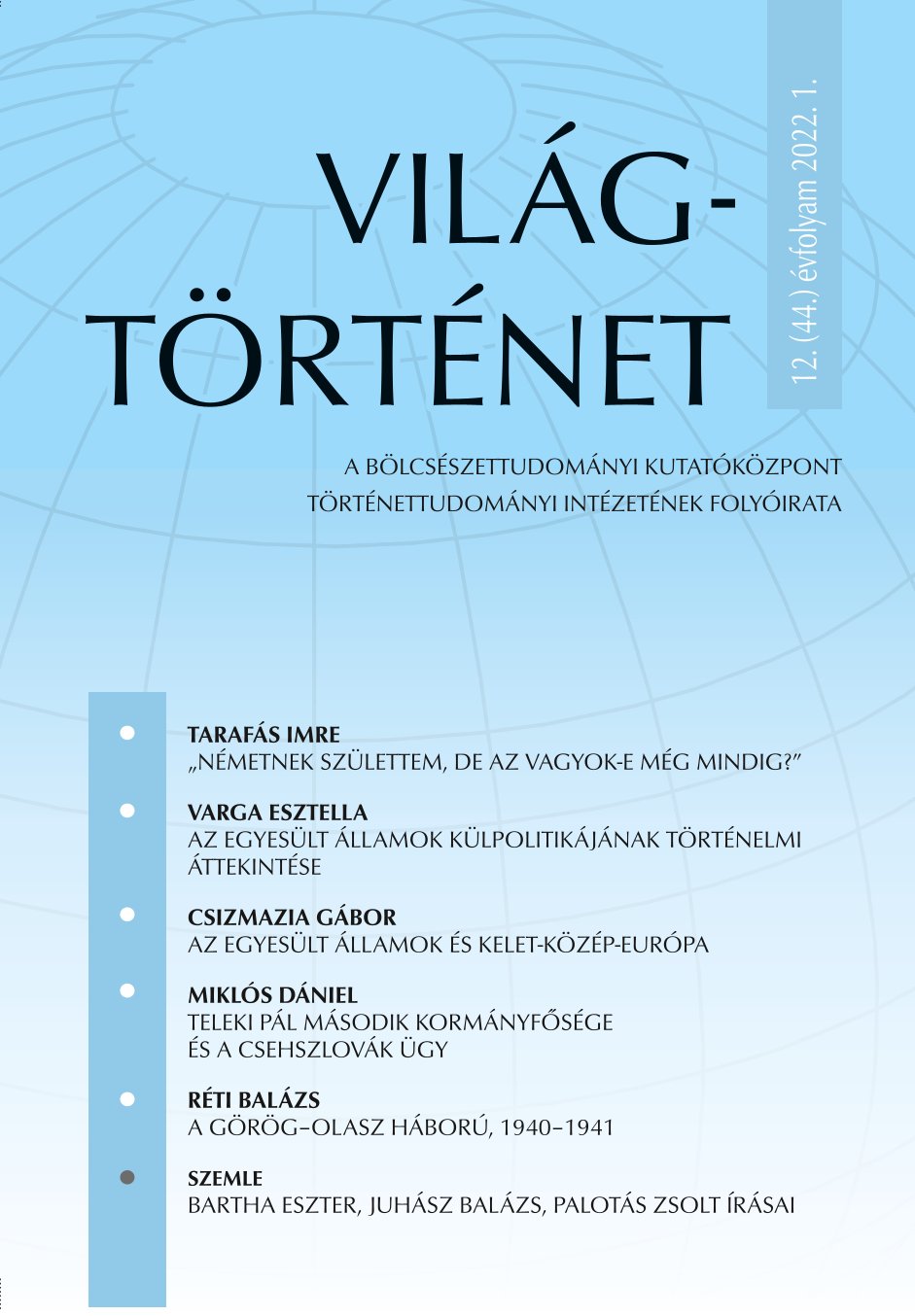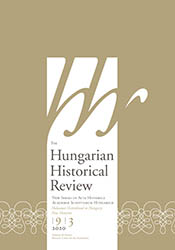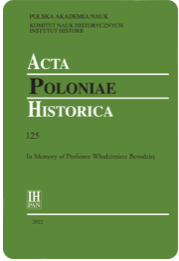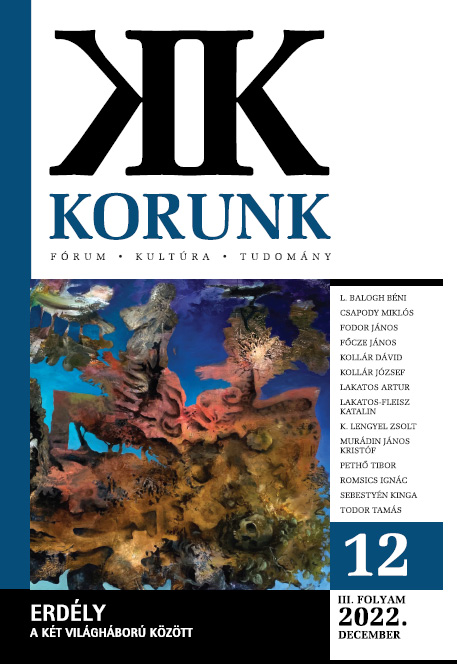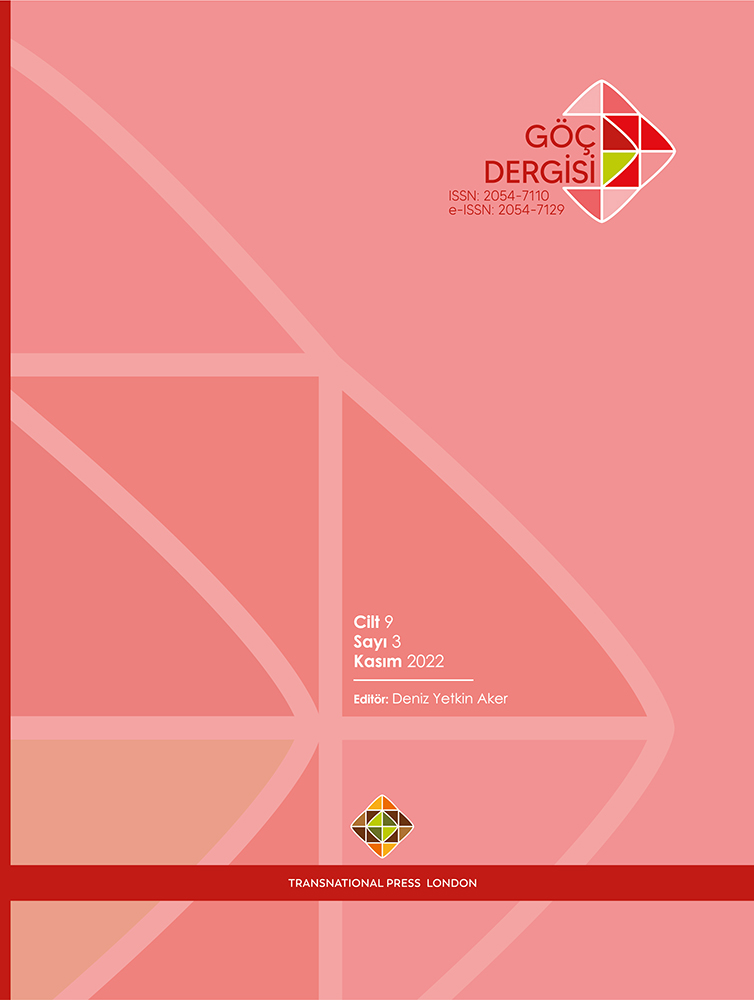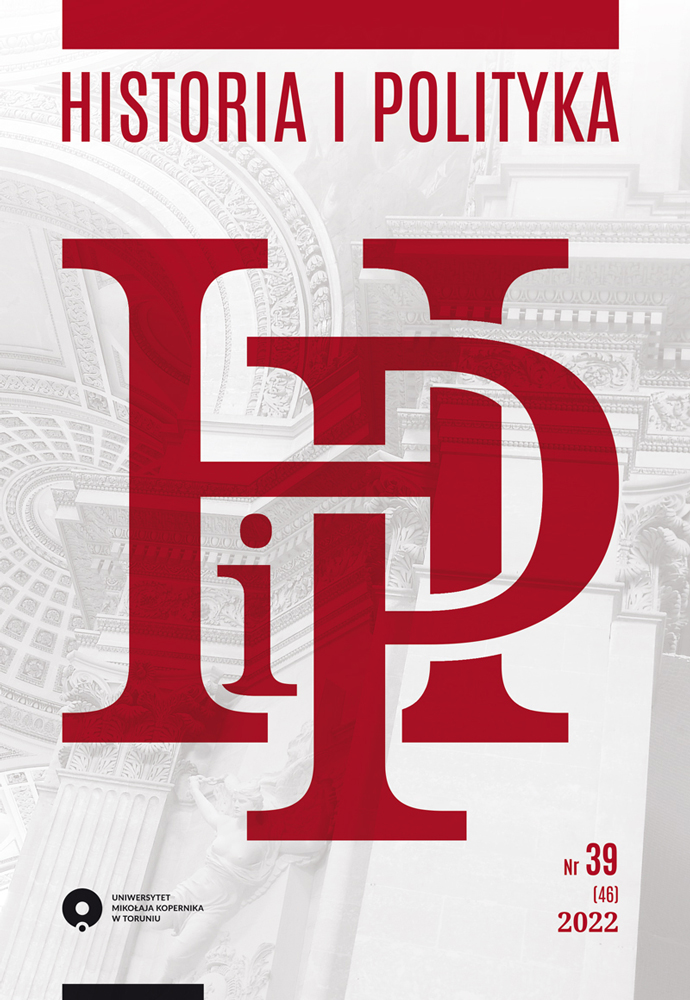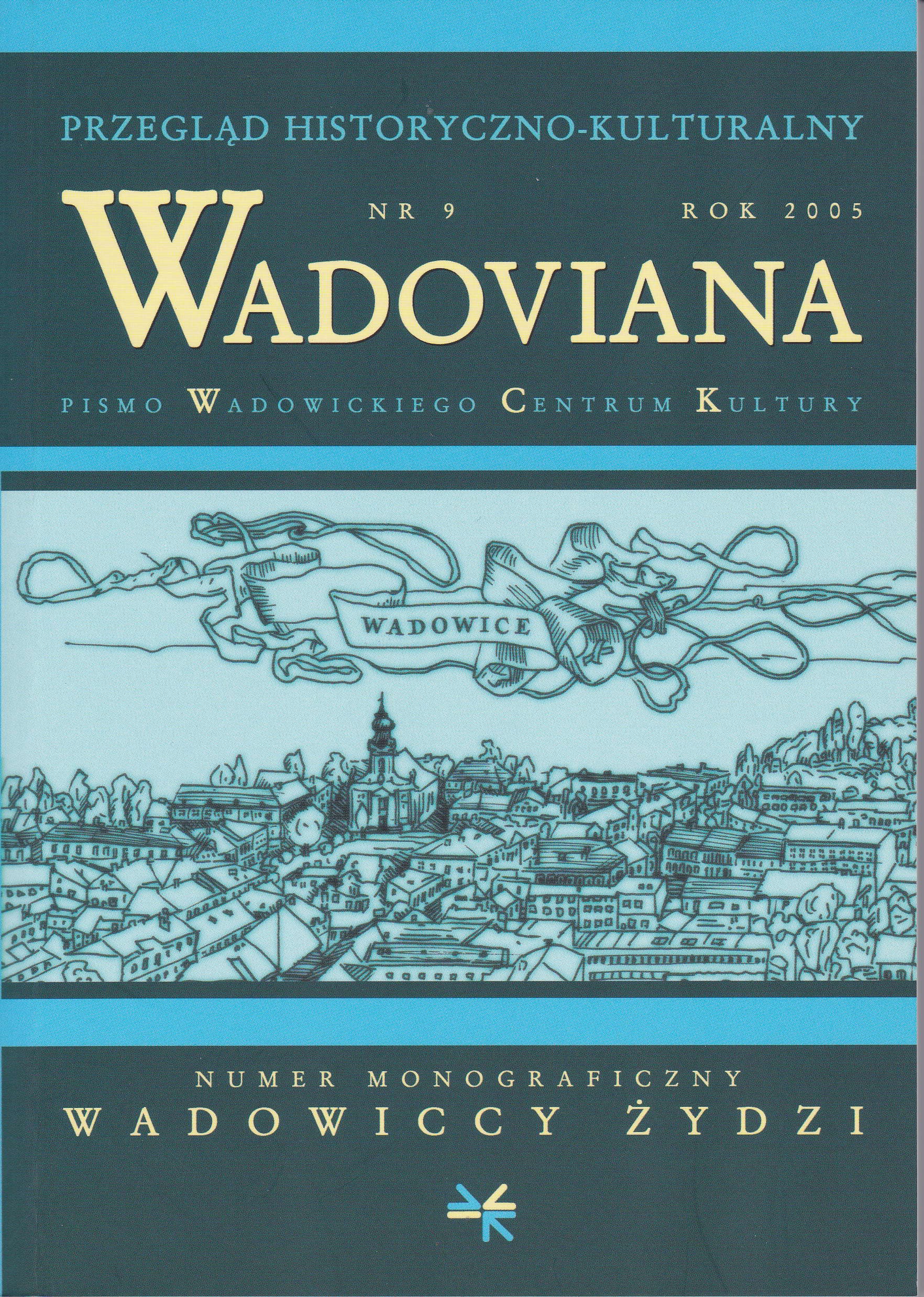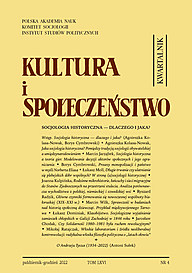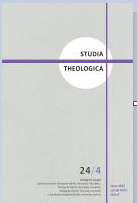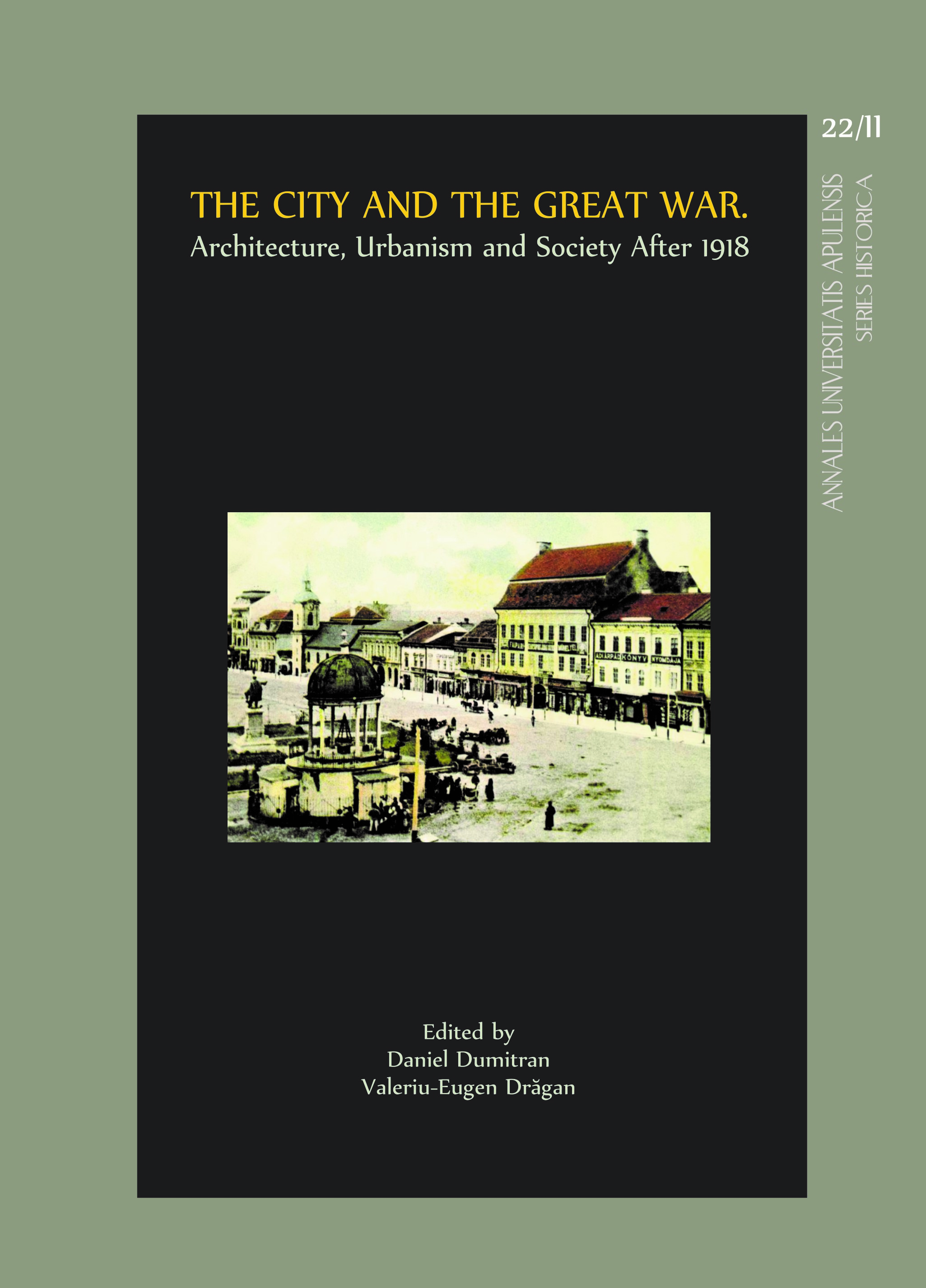
The Large Cities in Interwar Bessarabia as Promotors of the Development of the Art of Metals
The Bessarabian cities (Chișinău, Orhei, Bălți, Ismail, Soroca) were of special importance in the development of the art of precious and common metalworking, becoming centres for the promotion of art and the commercialization of metal objects. Of particular importance are those cities which, during the interwar period, created favourable conditions for the development of artistic metalwork crafts thanks to the founding and operation of jewellery salons-workshops. The city of Chișinău became an urban centre that could compete with the big cities in Romania with regards to the number of jewellers, engravers and watchmakers. In this article, we aim to highlight some aspects related to the functioning of church and laic jewellery workshops from the perspective of the activities of craftsmen and tradesmen in the cities of Bessarabia between the two world wars. For this purpose, we drew upon archives, contemporaneous periodicals, calendars of the city Chișinău, church newsletters, artists’ advertisements and various other sources that have been preserved to the present day.These source documents allow us to re-establish the picture of the evolution of precious and common metalworking techniques and styles in inter-war Bessarabia. The workshops in Chișinău and in Borisăuca monastery and the factory in Bălți, the activity of the craftsmen, the publication of the catalogue of the Archiepiscopate workshops in 1940, and various other concrete and beneficial measures were all part of a policy to support the church and ecclesiastical art which was adopted by the secular and religious authorities. The interwar Chișinău had a particular role in the development of metal art, becoming a real centre for the operation of workshops and the activity of jewellers and brass-smiths.
More...
